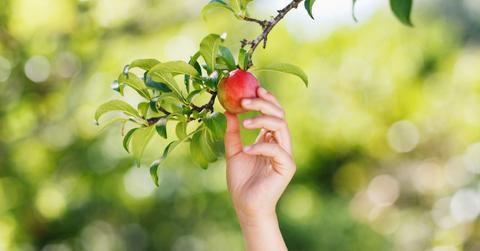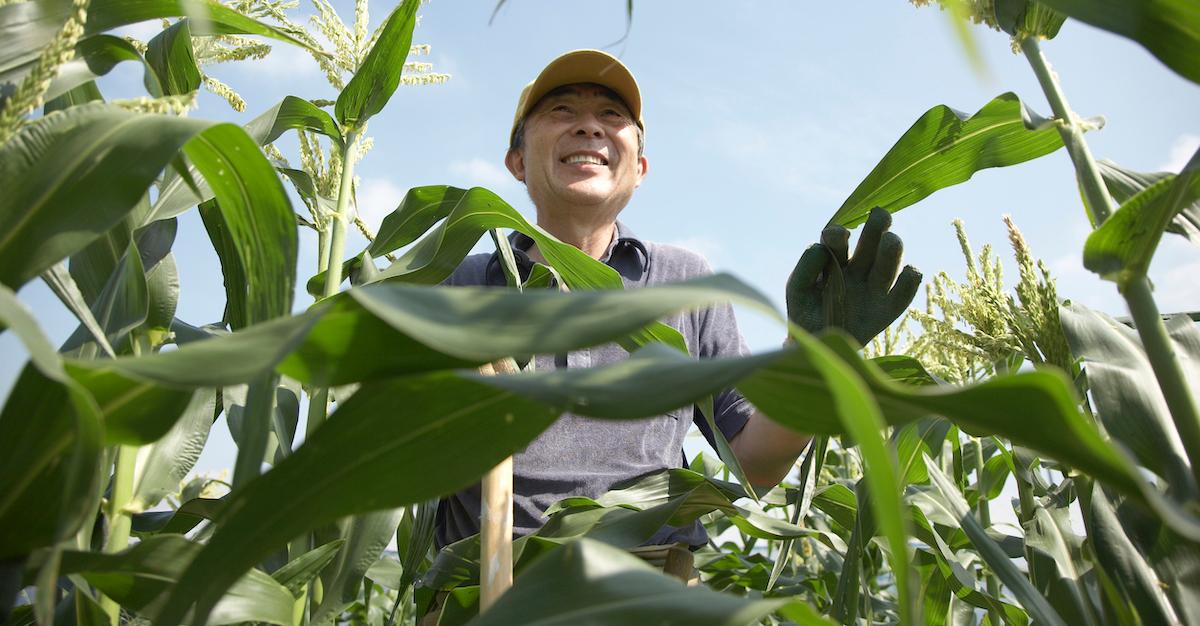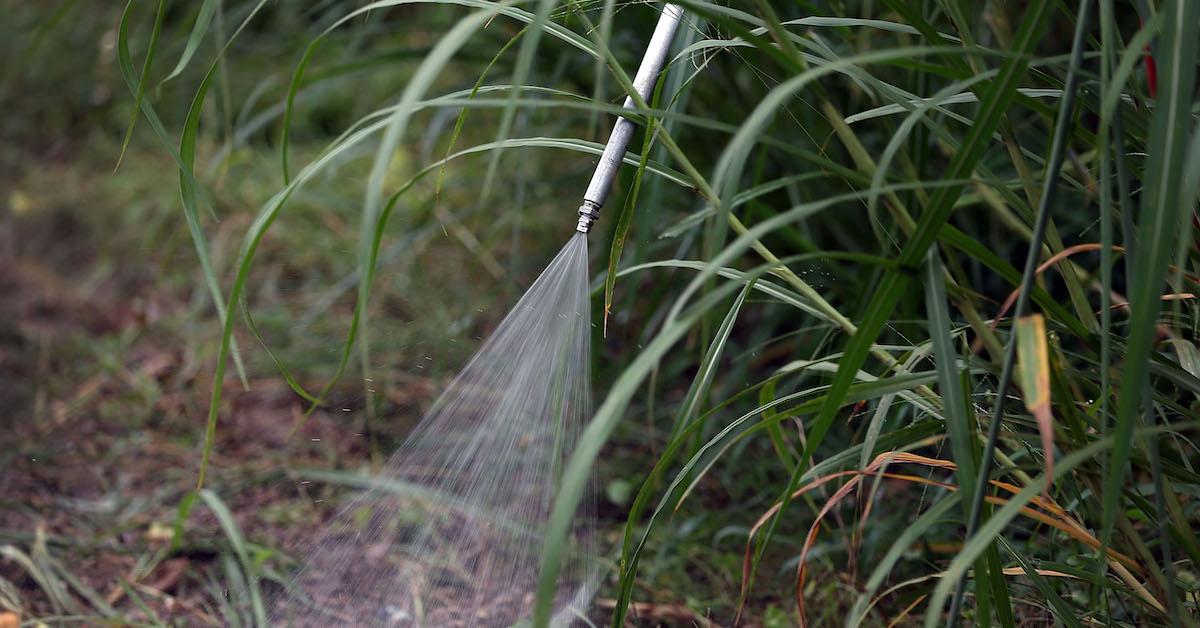Coffee, Cocoa, and Avocados Are Among Many Crops Going Extinct, Due to Climate Change
Published Sept. 8 2021, 12:13 p.m. ET

You've likely seen countless photos of emaciated polar bears in the Arctic, slumped atop a lone platform of ice in an effort to depict the effects of global warming. But polar bears aren't the only ones being affected by rising temperatures, as many plants, including wild relatives of some of your favorite crops, are going extinct due to climate change. This includes vanilla, potatoes, and even avocados — that's right, the climate crisis may put an end to your guac addiction.
“The extinction risk at the moment is to the wild relatives of crops,” Dr. Bárbara Goettsch, who led a related study published in Plants, People, Planet, told The Guardian. “The salinity of the soil is changing, and these plants don’t have the capacity to adapt. Temperatures are rising. Because of climate change, pests and diseases will also alter and this can have a massive impact on cultivated plants. We could have shortages of these foods.”

Which crops are going extinct because of climate change?
Goettsch's study, titled Extinction risk of Mesoamerican crop wild relatives, found that climate change is driving wild relatives of popular crops to extinction. Potatoes, avocados, vanilla, wild cotton, wild beans, squash, chili pepper, husk tomato, bananas, apples, prunes, and ginger are only a few on the list. Native varieties of vanilla in South and Central America are at highest risk of extinction, while wild cotton is second on the list, followed by avocados, and then wild potatoes.
A previous study, as reported by Global Citizen, found that 40 percent of all edible crops face imminent extinction, due to constantly changing climate conditions.
"Climate change is threatening to unleash weather conditions, pests, and diseases that our current crops will struggle to cope with," the report read, as per Global Citizen. "If humanity is to thrive in future, we need to make our food production systems more diverse, resilient, and environmentally sustainable."
If climate change continues to affect agriculture and take a massive toll on the economy, it could ultimately cause a greater surge in climate migration. Hopefully things improve before that happens, as many are already fleeing areas most susceptible to harsh weather conditions, floods, and wildfires.

Stephen Jenner, from the Florida Department of Agriculture and Consumer Services, sprays an insecticide under an avocado tree where some Oriental fruit flies were found on September 9, 2015 in Homestead, Florida. The discovery of the flies has forced the state to quarantine about 85 square miles of farmland in Southern Miami-Dade county until they have been eradicated. The flies have the potential to damage Florida's $120 billion agriculture industry.
How is climate change driving these crops to extinction?
Extinction risk of Mesoamerican crop wild relatives studied 224 species that grow across Mexico, Guatemala, El Salvador, and Honduras, all 224 of which have become prominent in diets and economies worldwide. It found many are dying out due to overfarming and pesticide usage. Harvests have also been less successful due to rising temperatures, invasive species, genetically modified crop contamination, deforestation, drought, and wildfires. Some have been bred to sustain extreme weather conditions and to better adapt.
If something doesn't change soon climate-wise, your morning cup of coffee, EOD glass of wine, and late night chocolate bar all could be taken away by the devastating effects of climate change. Most importantly, though, it's starting to effect low-income communities, especially those that rely on agriculture for food security and the economy. The end result could be seriously catastrophic.